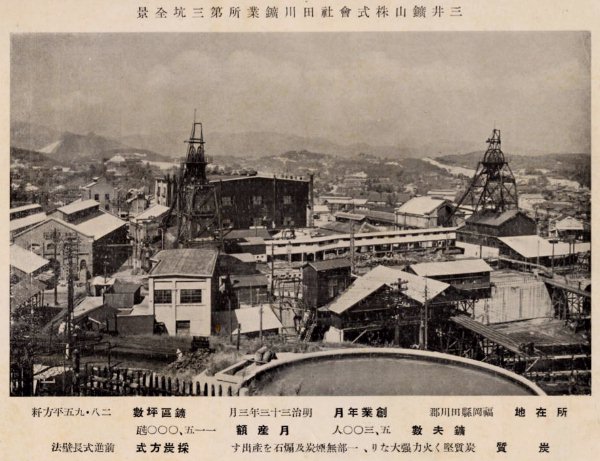Richard A. Beam - USS Biloxi Interview with Tommy English - 20 Sep 1945 - All Rights Reserved
I was working on a garden detail planting sweet potatoes. At
noon I sent a man over on a road detail to get a light on a
cigarette. When he returned, he said that the Japanese work
leaders had left and one of them was crying as he walked away.
In about 15 minutes, 6 guards came out and reinforced the 2
guards who were with the road detail. It was then about 3:30
in the afternoon.
At about 4 O'clock, the Japanese work leader took us into camp
where we learned that the sick men who were making baskets
had been told to go to the barracks and to rest (they were
told this at about 2 O'clock).
I asked one of the Nip guards, "Sensou Shuusoku?" (is the war
ended?). He replied he didn't know.
I then went to the barracks and here we all discussed what
we had seen and we found that all the men had noticed that
the guards had become very lax in the performance of their
duties. They would hardly return our salutes and their heads
seemed to be hanging low.
Later the guard whom I had asked if the war had ended came
looking for me. He took me to the guard shack. I then was
taken by the Corporal of the Guard to an office where an
interpreter asked me who had told me. I told him that I did
not understand. He pondered a moment, then asked whether I
had felt it. My mind told me that he was admitting that the war
was ended, so I told him "Yes I feel it." I knew it was the
end of the war. He went into the inner office and talked to
another Jap then he came out and told me that I could go back
to my barracks. I immediately did so and spread the word
around of my experience.
We had moments before when we thought the war had ended,
yet we knew that this time, it was the real thing.
Later in the evening we were told to get our clothing and
equipment together so that we could move in the morning. We
were issued Red Cross food which had been in a storeroom
since our arrival in camp. That night we were so excited
that I don't think any of the 400 men slept.
|
